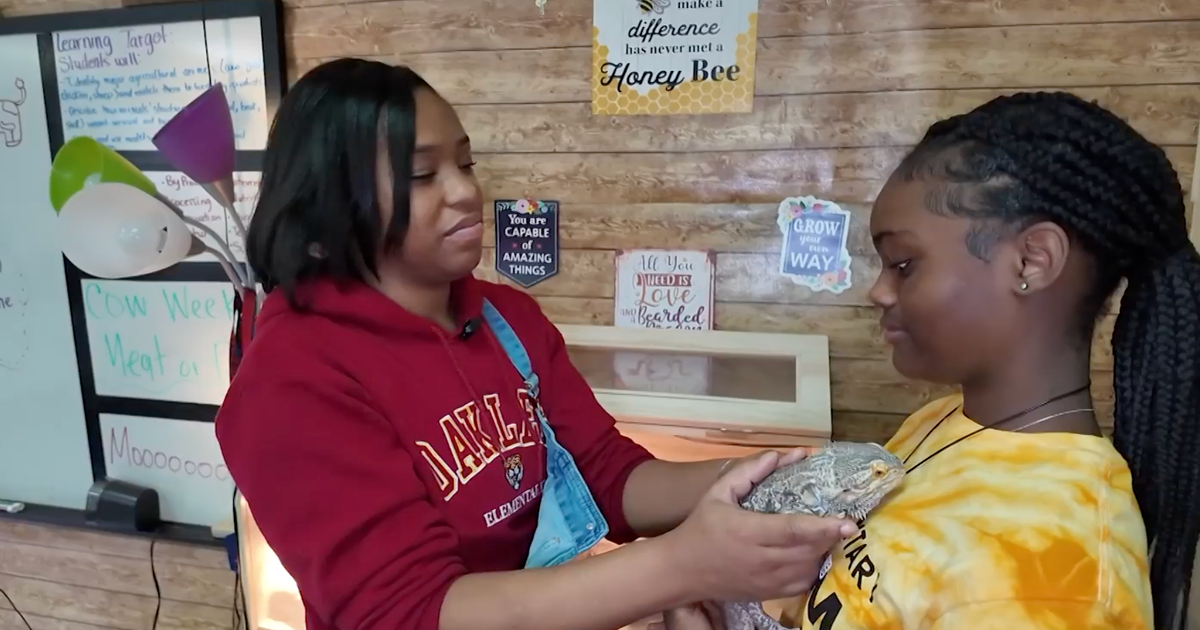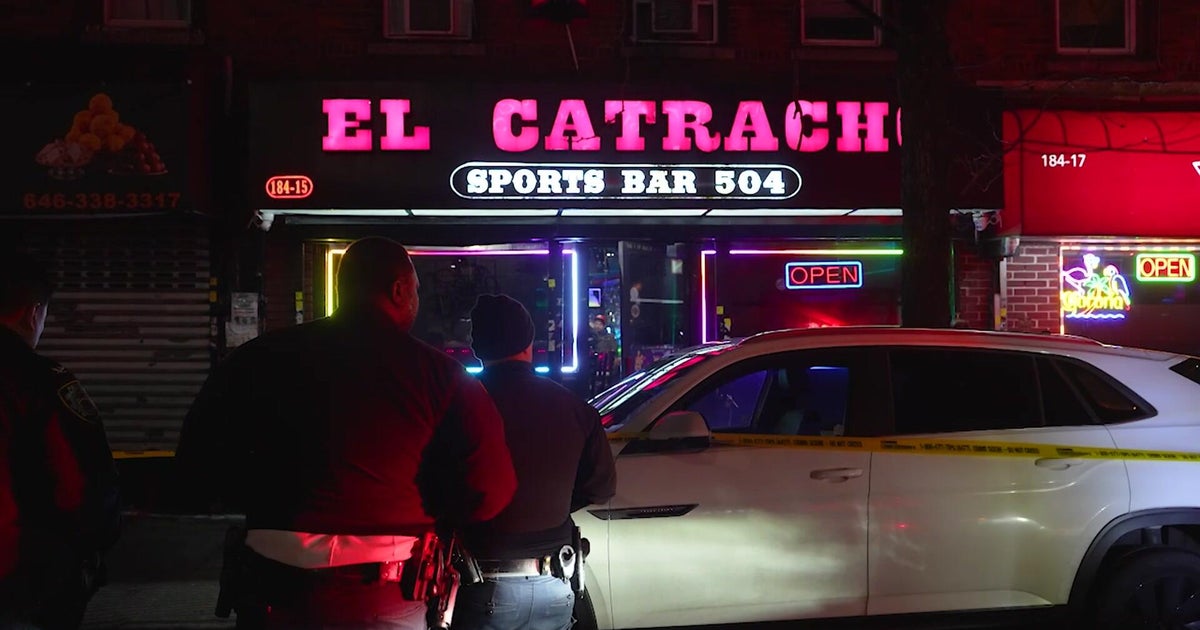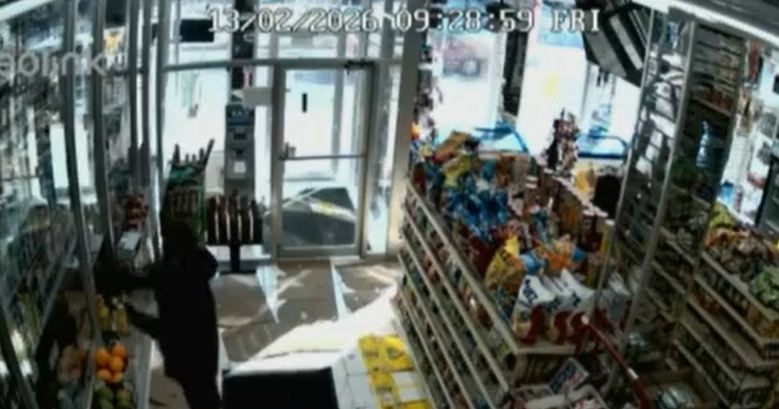The Hidden Cost Of Some Free Apps
MIAMI (CBSMiami) - Sure they are free, but some of the most popular mobile apps could be tracking your every move and revealing your personal and financial data.
Computers, tablets, smartphones have become, to a certain extent, essential to our daily lives. We use them at work, kids use them at school and on the road they certainly come in handy.
One of the most appealing, and booming, markets for technology is the apps many download.
Some apps are free of charge, others vary in price, but CBS4's Chief Consumer Investigator Al Sunshine investigated and found that while many apps may appear harmless, like "Brightest Flashlight," they could actually be collecting personal data, including smartphone user's whereabouts, without their knowledge.
Sunshine checked-in with local cyber safety expert Mike Scheidell of Security Privateers who warned that some apps, "can track you within 15-feet. It's got your address—your exact address. You go home, as soon as you turn the 'flashlight' on, it knows exactly where you live."
Why do these apps want to know your location? According to Scheidell, "they want to know where you are so they can target advertising to you and sell that information."
The information-sharing apps are a cause for concern for many smartphone users.
"It's horrible, someone is spying on us and we don't even know who is there," said Sandra Diaz of Doral.
"They can access your personal information, they can steal your identity. If they are smart enough and they are targeting you, they could access your company files, and they could access your company strategies," said Paul Gobitas, a technology specialist from Peru. "They could access very, very important and confidential information."
When Sunshine asked Gobitas if this was happening he replied, "Absolutely."
Doral businessman Alan Orozzo has friends who have had their identities stolen. In response to this risky business, Orozzo no longer uses free apps and avoids any software that can't be checked out of completely.
Orozzo also told Sunshine about his friends, and some companies, that have had their bank accounts drained.
"It's getting worse," he said.
In an effort to see exactly what some of the most popular apps are doing, Scheidell gave Sunshine the rundown.
Scheidell explained that Google Maps, a popular location finder, "allows the app to directly call phone numbers without your intervention. This may result in unexpected charges or calls. It's right there on the screen but nobody reads that portion of it when they download the application because that portion is hidden. You don't have a choice to be able to decide which calls that specific application can make."
Google now discloses the information because just last year, the company was fined $22.5 million by the Federal Trade Commission over alleged privacy violations.
Pandora, a popular, free-of-charge app that allows users to listen to music from their smartphone. Scheidell found that Pandora, "can read your phone status—are you on the phone, not on the phone—it can track you, it can read your contact information. If you're a corporate customer, it can read all the data."
Another frequently downloaded app, Linked-In, could also potentially create a problem.
"You can give them information about your birthday, you can give them your phone number. If you combine the information, your address and your birth date, this is information that can be used to compromise your bank credentials," Scheidell told Sunshine.
A recent study, conducted by Pittsburgh's Carnegie Mellon University, identified the 10 most popular mobile apps capable of sharing your most sensitive personal information.
- Brightest Flashlight
- Toss It Game
- Angry Birds
- Talking Tom
- Background HD Wallpaper
- Dictionary.Com
- Mousetrap.Com
- Horoscope
- Shazam
- Pandora Internet Radio
Just about every app developer has its' own privacy guidelines and many include that they do not disclose personal data to third parties without your permission.
Still, most app users enjoy free, insecure Wi-fi access which in turn makes them more vulnerable to hackers.
In fact, Verizon found in a recent cyber-security study that 44 million records were compromised last year. In 76% of the cases, hackers were able to get into open networks and pick off data.
Scheidell warned, "I would say it's going to get worse. Everybody wants more things for free and the applications and the advertisers and thieves are going to learn how to steal your information."
Most app-users simply skip over the legal agreements. But the information listed in the agreement usually contains the information about the privacy rights users may give up to use it.
While Google has a website, www.GooglePlay.com to fully disclose details about thousands of Android apps, Cyber-Security experts told Sunshine Apple's I-Tune store does not offer similar disclosures.







